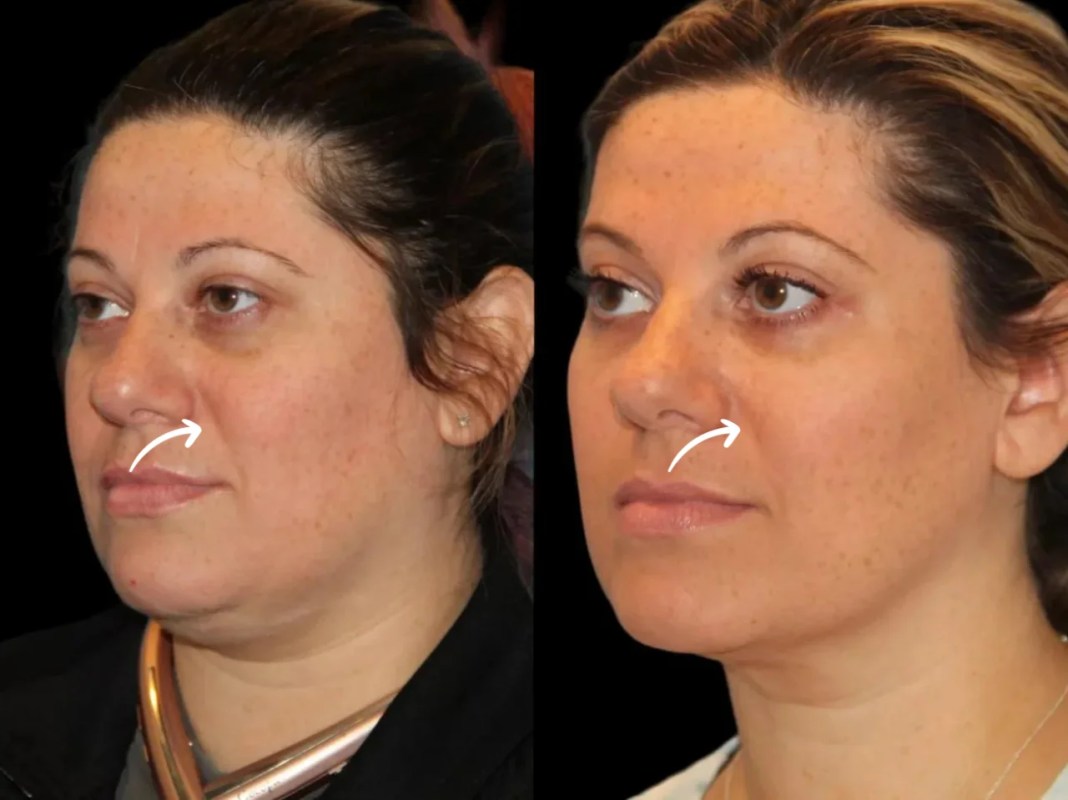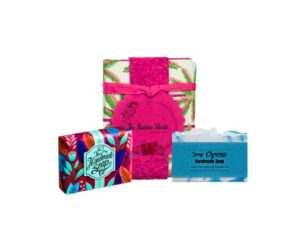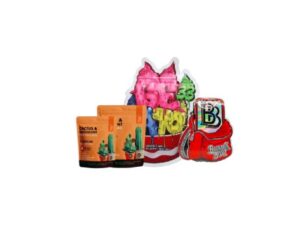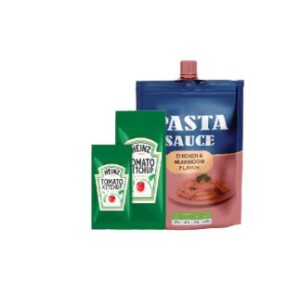How to Protect Your Skin Barrier This Winter skincare
When the cold breeze starts to settle in and humidity drops, your skin feels the first impact. Winter doesn’t just bring a cozy vibe—it also brings dryness, irritation, and a compromised skin barrier. The skin barrier, or the outermost layer of your skin (the stratum corneum), plays a vital role in keeping hydration locked in and harmful irritants out. But as temperatures fall, this protective layer weakens, leading to flaky, tight, or itchy skin.
In this guide, we’ll break down everything you need to know about how to protect your skin barrier this winter—what causes damage, how to strengthen it, and expert-approved skincare tips to keep your skin soft, smooth, and healthy.
Understanding the Skin Barrier
Before we get into protection strategies, let’s understand what your skin barrier actually is.
The skin barrier is made up of lipids, cholesterol, fatty acids, and ceramides—these form a natural shield that prevents water loss and blocks pollutants, allergens, and bacteria.
When functioning properly, it maintains the perfect moisture balance. But when disrupted, it leads to dryness, sensitivity, and inflammation. During winter, the cold air outside and artificial heat indoors strip this protective barrier of its natural oils, causing transepidermal water loss (TEWL).
Signs your barrier may be damaged include:
- Tightness and dryness
- Redness or irritation
- Increased sensitivity
- Flakiness
- Dull, rough texture
Luckily, the skin barrier can be repaired and protected with the right skincare choices and habits.
Why Winter Weakens Your Skin Barrier
Cold weather brings lower humidity levels, which means there’s less moisture in the air. This dryness depletes the lipids that make up your barrier. Additionally, long hot showers, harsh soaps, and over-exfoliation further weaken your skin’s defense system.
Even people with oily skin types notice dehydration in winter because oil production doesn’t equal hydration. You need moisture—and ingredients that retain it—to maintain a healthy skin barrier.
Here are the main reasons winter can harm your skin barrier:
- Low humidity: Air lacks moisture, pulling hydration from your skin.
- Indoor heating: Constant exposure to heaters and blowers reduces natural oils.
- Hot water baths: Stripping your skin of essential lipids.
- Harsh cleansers: Sulfate-based cleansers remove protective oils.
- Skipping moisturization: Leads to dullness and compromised skin function.
To prevent these effects, switch to natural skincare products that are gentle yet effective, avoiding synthetic fragrances and harsh alcohols that can dry out your skin even more.
Step-by-Step Winter Skincare Routine to Protect the Barrier
A strong winter skincare routine focuses on hydration, nourishment, and gentle cleansing. The goal is to maintain your barrier’s balance without overwhelming your skin with actives or stripping ingredients.
Step 1: Start with a Gentle Cleanser
Cleansing is essential, but the wrong cleanser can disrupt your skin barrier. Use a gentle face cleanser that removes dirt, pollution, and impurities without compromising hydration.
Look for hydrating ingredients such as aloe vera, glycerin, or oat extract. Cream or gel-based cleansers are excellent for winter as they clean without leaving your skin dry or tight. Avoid foaming formulas that contain sulfates—these can damage the barrier by removing essential oils.
Step 2: Add a Hydrating Toner or Essence
A toner or essence preps your skin to absorb more hydration. Choose alcohol-free formulas with ingredients like hyaluronic acid, panthenol (vitamin B5), and niacinamide. These help balance pH levels and soothe dryness, allowing your moisturizer to penetrate better.
Step 3: Lock in Moisture with Ceramides
Ceramides are the backbone of a healthy skin barrier. They work by filling gaps between skin cells, locking in moisture, and preventing water loss. During winter, using moisturizers or creams enriched with ceramides can significantly improve your skin’s resilience.
Products containing ceramides paired with hyaluronic acid and squalane create a protective seal on the surface, preventing dehydration. This is especially helpful for people who experience flakiness or sensitivity in cold weather.
Step 4: Nourish with a Vitamin E Moisturizer
Vitamin E is one of the most powerful antioxidants for skin health. It shields the skin from free radicals and strengthens the lipid barrier. Applying a moisturizer vitamin E daily will help soothe irritation, repair damaged cells, and improve texture.
Choose creamy, nutrient-rich formulations with natural oils like jojoba, almond, or sunflower oil. These mimic the skin’s natural sebum, replenishing what’s lost during the dry months.
Step 5: Use a Day Night Cream for 24-Hour Protection
Winter skincare doesn’t stop at hydration—you need round-the-clock nourishment. A day night cream can make a major difference. During the day, it creates a protective layer that guards against cold winds and pollution, while at night, it promotes repair and rejuvenation.
Opt for formulas with peptides, ceramides, and natural plant extracts. These not only restore barrier strength but also boost elasticity and radiance.
Expert-Approved Tips for Strengthening the Skin Barrier
Even with a great skincare routine, small lifestyle tweaks can make a big difference in maintaining your barrier health through winter.
1. Avoid Over-Exfoliating
Scrubbing too often can strip your skin’s natural lipids. Limit exfoliation to once a week, using mild exfoliants like lactic acid or fruit enzymes.
2. Use Lukewarm Water
Hot water may feel relaxing but damages the lipid barrier. Always cleanse or shower with lukewarm water.
3. Humidify Your Surroundings
Add a humidifier to your room to retain indoor moisture. It helps your skin stay hydrated even during sleep.
4. Eat Barrier-Boosting Foods
Include foods rich in omega-3 fatty acids, vitamin C, and antioxidants—like avocados, nuts, and citrus fruits. These promote lipid repair and collagen synthesis.
5. Protect with Natural Skincare Products
Stick to natural skincare products with minimal fragrance and no alcohol. Synthetic ingredients often cause irritation and disrupt the delicate balance of your skin barrier.
Common Mistakes to Avoid During Winter Skincare
Even well-intentioned skincare habits can backfire if done incorrectly. Avoid these mistakes to keep your barrier intact:
- Using too many actives: Overuse of acids or retinol can weaken your barrier.
- Skipping moisturizer: Even oily skin needs hydration.
- Not wearing sunscreen: UV rays are still strong in winter and can damage your skin barrier.
- Applying products in the wrong order: Always go from thinnest (cleanser, toner) to thickest (cream, oil).
- Ignoring lip and hand care: These areas are more prone to barrier damage and dryness.
Recommended Ingredient Combinations for Barrier Repair
If your skin barrier is already compromised, look for these combinations in your winter skincare:
- Ceramides + Hyaluronic Acid: To hydrate and restore lipids.
- Vitamin E + Niacinamide: For antioxidant defense and smooth texture.
- Panthenol + Allantoin: To calm irritation and redness.
- Squalane + Shea Butter: For long-lasting nourishment without greasiness.
Each of these supports repair while maintaining a strong moisture shield—vital for enduring cold weather.
Frequently Asked Questions (FAQs)
- How do I know if my skin barrier is damaged?
If your skin feels tight, dry, or burns when applying products, it’s a sign your barrier is compromised. You might also notice redness, itchiness, or uneven tone. - Should I exfoliate in winter?
Yes, but gently. Limit exfoliation to once a week with mild ingredients to remove dead skin cells without irritating the skin. - Can oily skin also have a damaged barrier?
Absolutely. Oily skin can still become dehydrated in winter. Using a gentle face cleanser and lightweight ceramide-based moisturizer helps restore balance. - What ingredients repair the skin barrier fastest?
Ceramides, panthenol, niacinamide, and vitamin E are top ingredients to strengthen and repair the barrier effectively.
- Why should I use natural skincare products in winter?
Natural skincare products are free from harsh chemicals and synthetic fragrances, making them ideal for soothing sensitive winter skin while maintaining its natural oils.
Conclusion
Winter can be harsh on your skin, but with the right care and products, you can easily maintain a healthy, glowing complexion. Protecting your skin barrier isn’t about layering too many products—it’s about using the right ones that nourish and strengthen from within.
Start simple: cleanse with a gentle face cleanser, hydrate deeply with ceramides and moisturizer vitamin E, and seal everything in with a day night cream. Pair that with natural skincare products rich in antioxidants and plant-based ingredients, and you’ll keep your skin soft, resilient, and luminous all winter long.












